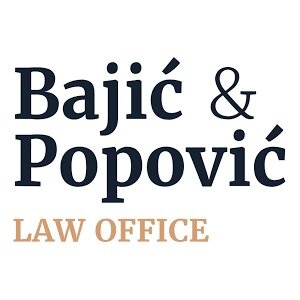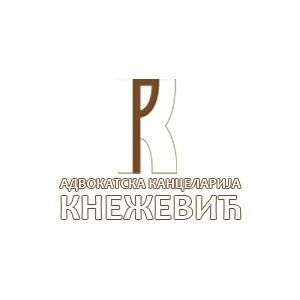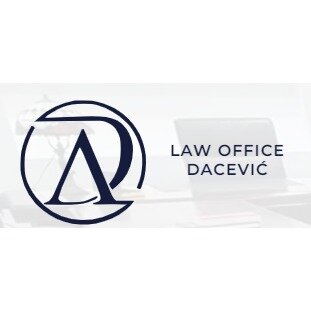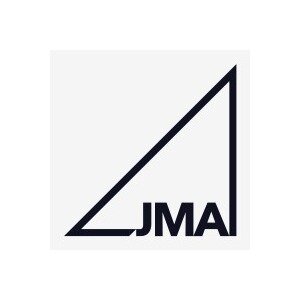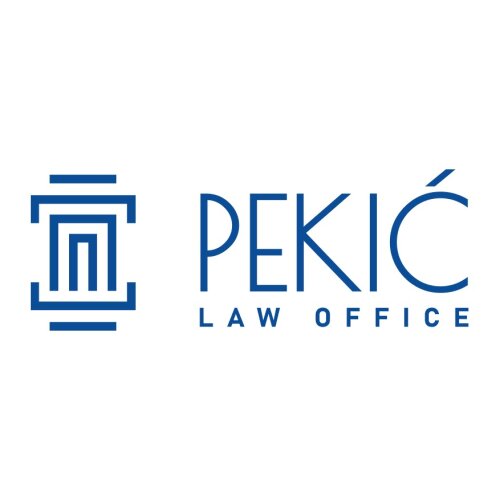Best Structured Finance Lawyers in Novi Sad
Share your needs with us, get contacted by law firms.
Free. Takes 2 min.
List of the best lawyers in Novi Sad, Serbia
About Structured Finance Law in Novi Sad, Serbia
Structured Finance refers to complex financial instruments and transactions designed to manage risk and optimize capital for corporations, investors, and other entities. In Novi Sad, Serbia, this legal field encompasses derivatives, asset-backed securities, securitization, syndicated loans, collateralized debt obligations, and other advanced funding structures. Structured Finance is primarily used by large companies, banks, and investment funds to acquire funding, diversify financial portfolios, and protect against various financial risks. The legal landscape in Novi Sad is influenced by both Serbian law and select European Union standards.
Why You May Need a Lawyer
Engaging in Structured Finance transactions often requires the guidance of experienced legal professionals. Here are some common situations where legal assistance is crucial:
- Drafting and negotiating complex loan agreements or securitization documentation
- Ensuring compliance with Serbian and international financial regulations
- Structuring transactions to minimize tax burdens and legal risks
- Understanding cross-border elements in multi-jurisdictional financings
- Resolving disputes related to financial covenants, defaults, or enforcement of security
- Advising on regulatory reporting and disclosure obligations
- Assisting with due diligence in asset or portfolio acquisitions
- Modifying existing structured finance agreements in response to changing laws or market conditions
Local Laws Overview
Structured Finance in Novi Sad operates under the broader Serbian legal system, with regulatory oversight provided by the National Bank of Serbia and the Serbian Securities Commission. The legal framework includes:
- The Law on Banks defines acceptable banking operations, syndicated loans, and related risk management mechanisms
- The Law on Capital Markets regulates the issuance and trading of securities, including securitized assets and derivatives
- The Law on Financial Collateral governs collateral arrangements frequently used in structured finance deals
- The Law on Secured Transactions covers the registration and enforcement of security interests
- Anti-money laundering and counter-terrorism financing regulations impose documentation and transparency requirements in financial structuring
While Serbia is not yet an EU member state, several regulations in Novi Sad adopt aspects of EU finance law, aiming for harmonization and enhanced investor protection.
Frequently Asked Questions
What is Structured Finance and who uses it in Novi Sad?
Structured Finance involves designing and implementing complex financing solutions to meet specific needs. In Novi Sad, it is primarily used by businesses, banks, and investors seeking funding or managing risk through tailored instruments.
Are there specialized Structured Finance laws in Serbia?
There are no laws specifically titled "Structured Finance" laws, but key aspects are governed by the Law on Banks, Law on Capital Markets, and related financial regulations.
Do I need a license to participate in Structured Finance transactions?
While companies can enter into structured finance deals, intermediaries such as banks, investment firms, and financial advisors must be licensed or authorized by Serbian regulators.
Are foreign participants allowed in Structured Finance deals?
Yes, foreign banks and investors are permitted to participate but must comply with Serbian law and may need to satisfy specific reporting or registration requirements.
What types of assets are commonly securitized in Novi Sad?
Typical assets include real estate mortgages, corporate loans, receivables, and auto loans, depending on the needs of the originator and investor appetite.
How are risks managed in Structured Finance transactions?
Legal professionals assist in structuring the transaction, drafting contracts, and implementing security or collateral arrangements that define risk-sharing among the parties.
What happens in case of a default or breach of structured finance contracts?
Default procedures and rights of enforcement are outlined in the agreements. Serbian law provides mechanisms for dispute resolution, collateral enforcement, and bankruptcy protection.
Is the approval of regulatory authorities required for Structured Finance deals?
Approval may be required depending on the structure, especially for public offerings of securitized products or if retail investors are involved.
What taxes apply to Structured Finance transactions?
Transactions may be subject to VAT, capital gains tax, and stamp duties, depending on the asset type and transaction structure. A lawyer can help optimize the tax outcomes.
How can a lawyer ensure my Structured Finance transaction is compliant?
A lawyer will conduct due diligence, prepare and review documentation, advise on regulatory obligations, and coordinate interactions with relevant authorities to ensure compliance.
Additional Resources
If you require more information or assistance, consider reaching out to the following bodies and organizations in Novi Sad and Serbia:
- National Bank of Serbia - Oversees financial institutions and implements key regulations
- Serbian Securities Commission - Regulates capital markets and securities offerings
- Chamber of Commerce and Industry of Serbia - Offers business and financial guidance
- Local law firms specializing in banking and finance
- Official websites of Serbian ministries related to finance, economy, and justice
- Educational workshops and conferences on finance law conducted at the University of Novi Sad
Next Steps
If you are considering entering into a Structured Finance transaction or need legal advice on an existing arrangement in Novi Sad, the following steps are recommended:
- Gather all documentation related to your transaction, such as contracts, loan agreements, and collateral records
- Consult a lawyer specializing in Structured Finance or financial law in Novi Sad for an initial assessment
- Discuss your objectives and any concerns about compliance, risk, or dispute resolution
- Work with your lawyer to ensure that your transaction is structured and documented correctly
- Maintain open communication with relevant regulatory authorities if approvals or registrations are required
- Monitor developments in local and EU finance regulations that may affect your transaction
Taking informed steps with the support of a qualified legal professional can help protect your interests and ensure the success of your Structured Finance endeavors in Novi Sad, Serbia.
Lawzana helps you find the best lawyers and law firms in Novi Sad through a curated and pre-screened list of qualified legal professionals. Our platform offers rankings and detailed profiles of attorneys and law firms, allowing you to compare based on practice areas, including Structured Finance, experience, and client feedback.
Each profile includes a description of the firm's areas of practice, client reviews, team members and partners, year of establishment, spoken languages, office locations, contact information, social media presence, and any published articles or resources. Most firms on our platform speak English and are experienced in both local and international legal matters.
Get a quote from top-rated law firms in Novi Sad, Serbia — quickly, securely, and without unnecessary hassle.
Disclaimer:
The information provided on this page is for general informational purposes only and does not constitute legal advice. While we strive to ensure the accuracy and relevance of the content, legal information may change over time, and interpretations of the law can vary. You should always consult with a qualified legal professional for advice specific to your situation.
We disclaim all liability for actions taken or not taken based on the content of this page. If you believe any information is incorrect or outdated, please contact us, and we will review and update it where appropriate.



